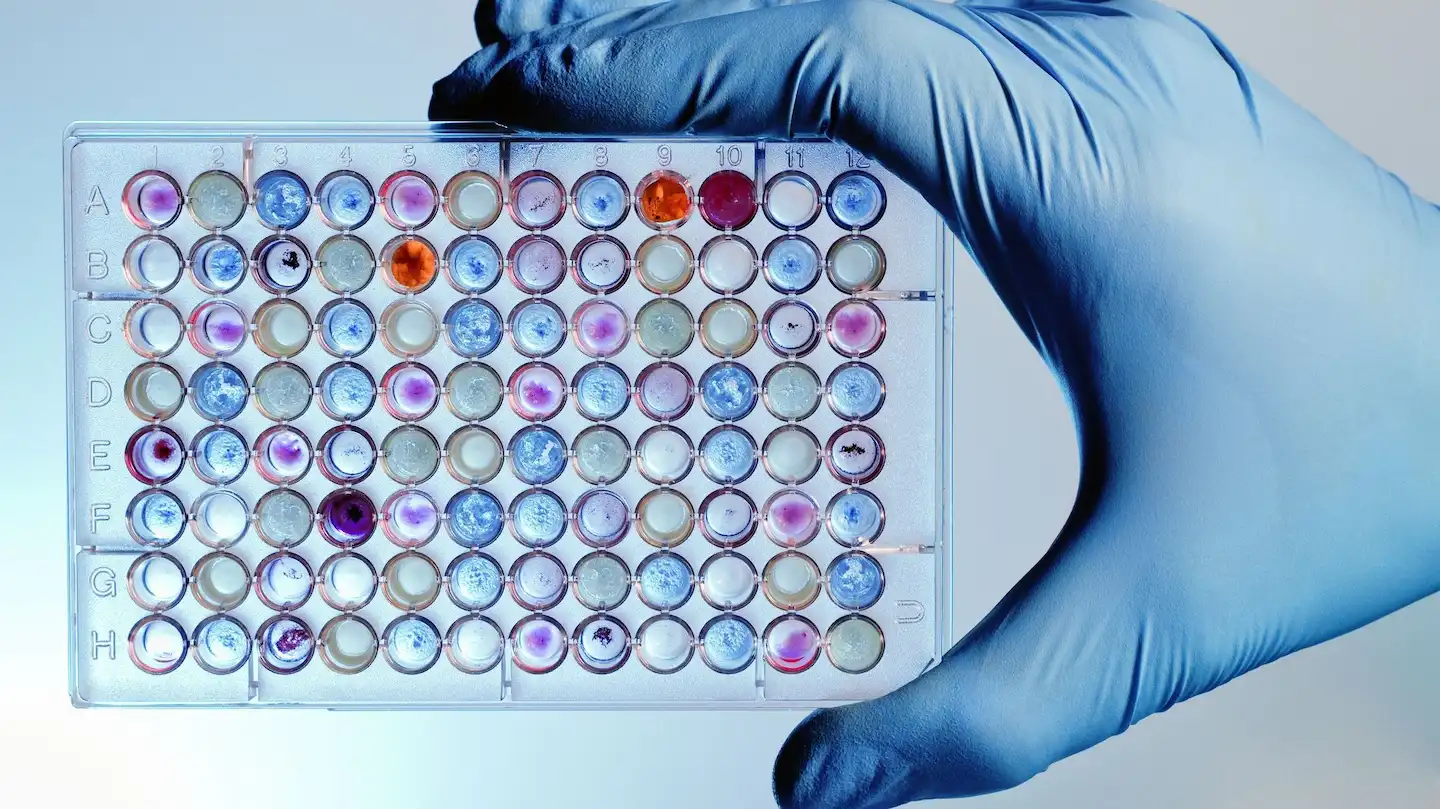
Building a Unified Rare Disease Advocacy Network
In 2017, a pharmaceutical company specializing in rare diseases asked Speyside to support and strengthen Patient Advocacy Groups (PAGs) in Brazil, which at the time operated in isolation and lacked coordination. Speyside conducted surveys and interviews to identify weaknesses and training needs, later organizing a webinar on regulatory processes and a hands-on workshop on public policy and advocacy. As a result, PAGs aligned on shared advocacy goals for 2018 and developed a roadmap for joint action—laying the foundation for a stronger, more unified rare disease advocacy network in the country.
Background
In 2017, a pharmaceutical company specializing in rare diseases turned to Speyside to help strengthen the capacity and influence of Patient Advocacy Groups (PAGs). At the time, many operated in silos, lacked coordination, and sometimes faced internal conflicts that undermined their ability to advance shared advocacy goals.
Approach
Speyside conducted surveys and in-depth interviews with each PAG to assess their strengths, weaknesses, and capacity gaps. This diagnostic process also helped identify priority topics for future training. Based on the findings, Speyside organized a webinar on the drug registration process with ANVISA and the incorporation pathway in the National Commission for the Incorporation of Technologies (CONITEC), followed by a hands-on workshop equipping PAGs with practical advocacy and public policy skills.
Impact
The workshop brought together the country’s main PAGs, resulting in the definition of shared advocacy objectives for 2018 and a roadmap for more coordinated, strategic action. Each PAG prioritized their activities to avoid duplication of efforts, and external leaders were engaged to support and guide joint initiatives—laying the foundation for a stronger, more unified rare disease advocacy network in Brazil.
